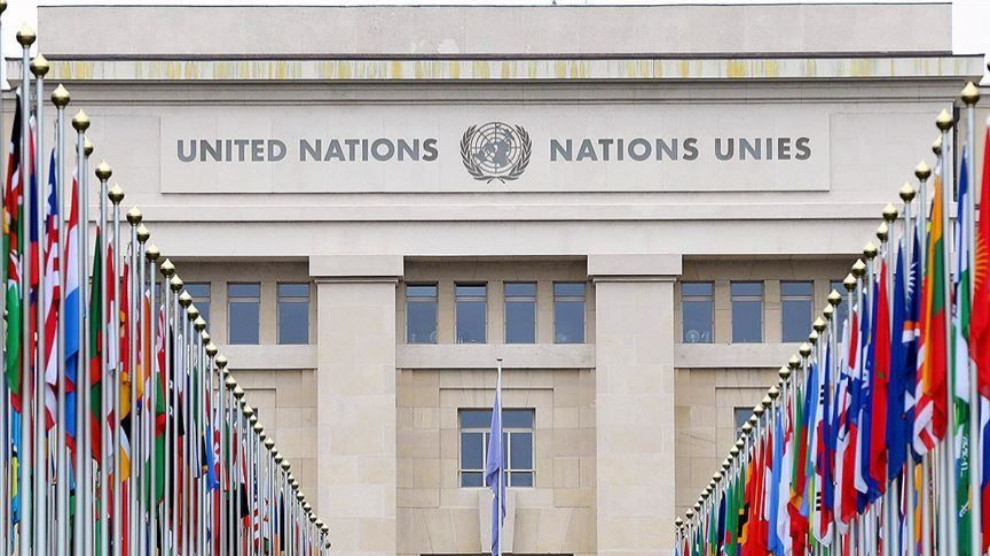US vetoes UN Security Council resolution in ISIS mercenaries
The United States vetoed a UN Security Council resolution on ISIS mercenaries and their families as it fell short to include repatriation from Syria and Iraq to their countries of origin.
The United States vetoed a UN Security Council resolution on ISIS mercenaries and their families as it fell short to include repatriation from Syria and Iraq to their countries of origin.

The United States vetoed a United Nations resolution calling for the prosecution, rehabilitation and reintegration of all those engaged in terrorism-related activities, saying it didn’t call for the repatriation from Syria and Iraq of foreign fighters for ISIS and their families, which is “the crucial first step”.
US Ambassador Kelly Craft said the resolution, ”supposedly designed to reinforce international action on counter-terrorism, was worse than no resolution at all”. She dismissed it as “a cynical and willfully oblivious farce”.
Because of the Covid-19 pandemic, the 15-member Security Council voted by email. The result was 14 countries in favour and only the US opposed and was announced by the current council president, Indonesia’s UN Ambassador Dian Triansyah Djani, whose country sponsored the resolution.
Explaining the US veto, Ms Craft said that "repatriation and accountability for crimes by fighters for ISIS and their family members are essential so they do not become the nucleus of an ISIS 2.0”.
Although it voted in favour of the resolution, Russia also advocates the repatriation of people who joined jihadist groups, especially ISIS in Syria and Iraq, to their countries of origin.
Many Arab countries that have thousands of their citizens held in Northern and Eastern Syria and Iraq prisons, have the same position of European Union countries. The EU advocates prosecution and imprisonment in Syria or Iraq, the countries where these jihadists have committed the crimes.
In a statement France made last year, it emphasized that tens of thousands of mercenaries and their families detained in Northern and Eastern Syria should be tried on site and the judiciary of the autonomous administration should be recognized.
EU countries also prefer to deal with cases one by one when it comes to bringing back mercenaries or their families.
The UN Security Council has 15 members, 5 permanent and 10 temporary elected for two years. According to UN laws, if all permanent members say yes, a total of 9 countries' approval is enough for a resolution to pass. However, if one of the permanent members exercises the right to veto, even if the other 14 countries voted yes, the veto prevails.